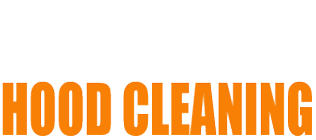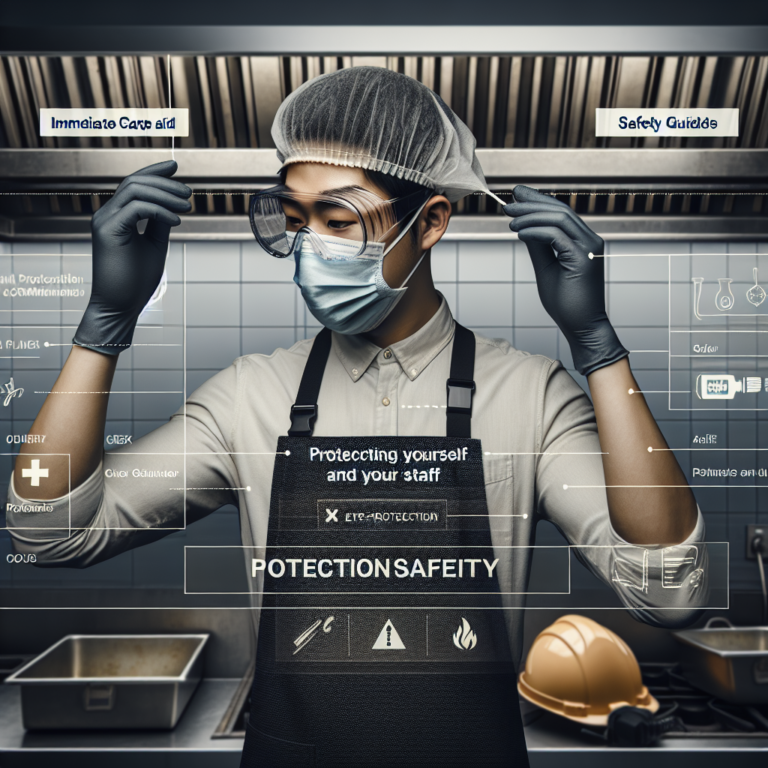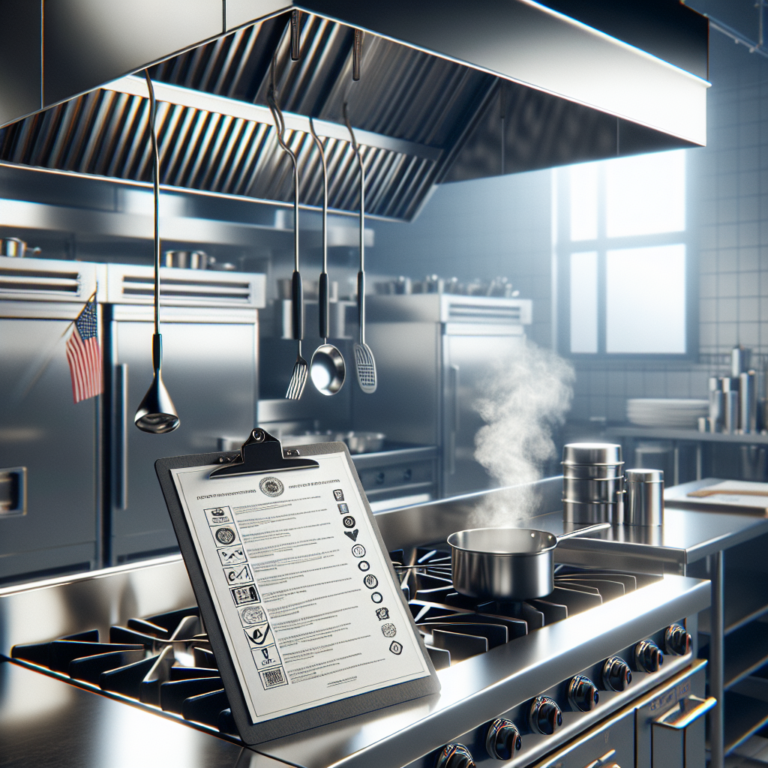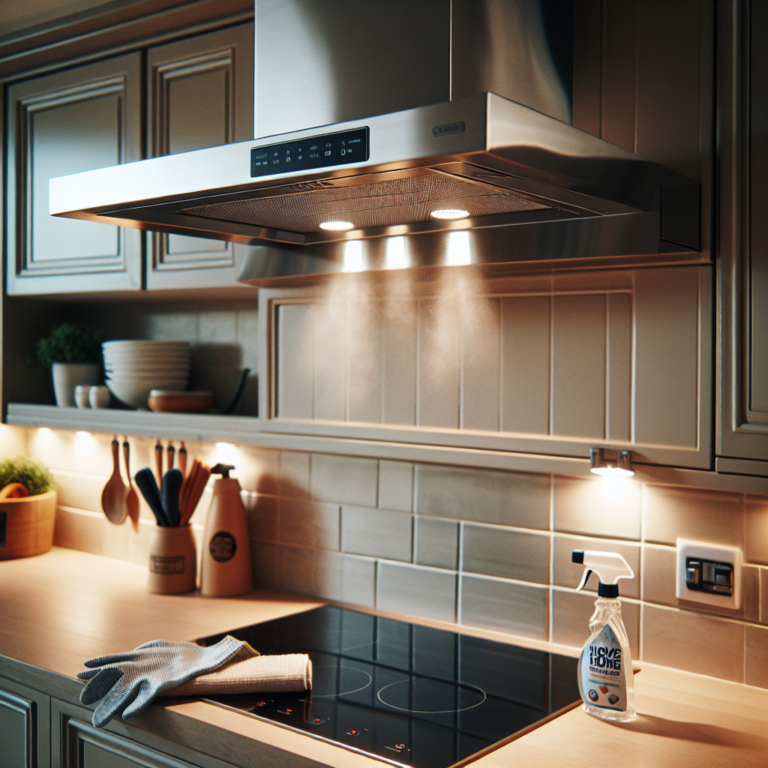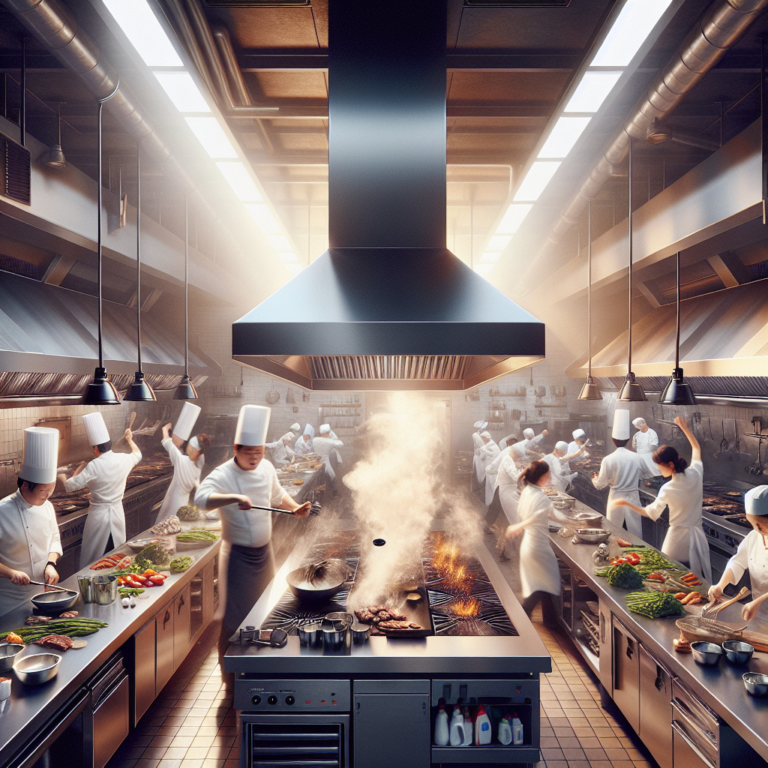Mobile Hood Cleaning Tips for Catering Businesses on the Go
The Mobile Catering Business: A Clean Hood for Every Location
Running a catering business is no small feat. From balancing recipes to managing logistics, the tasks seem never-ending. One critical aspect that often goes under the radar is hood cleaning. A clean hood is not just about maintaining appearances; it’s integral to safety, performance, and ensuring compliance with health regulations. Let’s delve into the essential guide to hood cleaning for catering businesses that operate in various locations.
Why Hood Cleaning Is Crucial for Mobile Caterers
Catering businesses are unique because they operate in multiple locations. Whether it’s an outdoor wedding, a bustling food fair, or a corporate event, mobile caterers need to ensure that their equipment, particularly the exhaust hoods, are always in top-notch condition. Here’s why:
- Fire Safety: Grease buildup in kitchen hoods is a leading cause of fires. Regular cleaning eliminates this risk, ensuring the safety of your crew and your clients.
- Efficiency: A clean hood enhances ventilation, making your cooking operations more efficient and ensuring a pleasant environment for the food preparation.
- Compliance: Health regulations require regular and thorough hood cleaning. Non-compliance can result in hefty fines or even shutdowns.
When to Clean Your Hood System
Consistency is key when it comes to hood cleaning. But how often should it be done? For catering businesses, the frequency may vary based on usage and the type of food being prepared:
- Heavy Use (24-hour operations, charbroiling, wok cooking): Quarterly.
- Moderate Use (School kitchens, cafeteria, catering businesses): Semi-annually.
- Light Use (Church kitchens, seasonal businesses): Annually.
Steps to Proper Hood Cleaning
Cleaning a hood might seem daunting, but breaking it into manageable steps can make the process smoother. Here’s your step-by-step guide:
1. Preparation
- Turn off all appliances and ensure the cooking area is cool.
- Cover nearby surfaces to protect them from grease and cleaning agents.
- Ensure you have the proper cleaning supplies: degreasers, scrub brushes, and protective gear.
2. Remove and Clean Filters
- Detach the filters from the hood system. Most filters can be removed easily.
- Soak them in a degreasing solution. Let them soak for at least 30 minutes.
- Scrub the filters thoroughly and rinse with hot water before allowing them to air dry.
3. Clean the Hood Interior and Exterior
- Apply degreaser to the interior surfaces of the hood, focusing on areas with heavy grease buildup.
- Scrub the surfaces thoroughly, ensuring to reach the corners and crevices.
- Wipe down the exterior of the hood with a cleaning solution to remove any grease or grime.
4. Inspect and Clean the Ducts
- While filters and hood surfaces can be cleaned by staff, duct cleaning is often best left to professionals. If ducts are not cleaned routinely, they can become fire hazards.
- Inspect ducts for any visible grease accumulation. If it’s significant, schedule a professional cleaning.
5. Reassemble and Test
- Once cleaning is done, reassemble the filters back into the hood system.
- Turn on the system to ensure it’s functioning correctly and check for any unusual noises or issues.
Professional Hood Cleaning Services: When to Hire One
While regular cleaning routines can be managed in-house, there are times when professional cleaning is indispensable. Professional hood cleaners are equipped with specialized tools and expertise to ensure a thorough job. Consider hiring a professional in these scenarios:
- Heavy Grease Build-up: When grease build-up is beyond what regular cleaning can handle.
- Regulation Compliance: To ensure compliance with local health and safety regulations.
- Inspection Preparations: Before an upcoming health or safety inspection.
Choosing the Right Professional Hood Cleaning Service
Not all hood cleaning services are created equal. For catering businesses, selecting the right service is crucial:
- Experience: Look for companies with a solid track record of serving catering businesses.
- Reputation: Check reviews and ask for references.
- Certifications: Ensure they hold the necessary certifications and adhere to industry standards.
Conclusion
Maintaining a clean hood system is an essential yet often overlooked aspect of running a successful mobile catering business. Regular hood cleaning not only enhances safety and efficiency but also ensures that your business remains compliant with health regulations. By following a proper cleaning schedule and knowing when to call in the professionals, you can focus more on delivering unforgettable culinary experiences to your clients. For more information, consider visiting hood cleaning, restaurant hood cleaning, commercial kitchen hood cleaning, exhaust hood cleaning, Atlanta.
